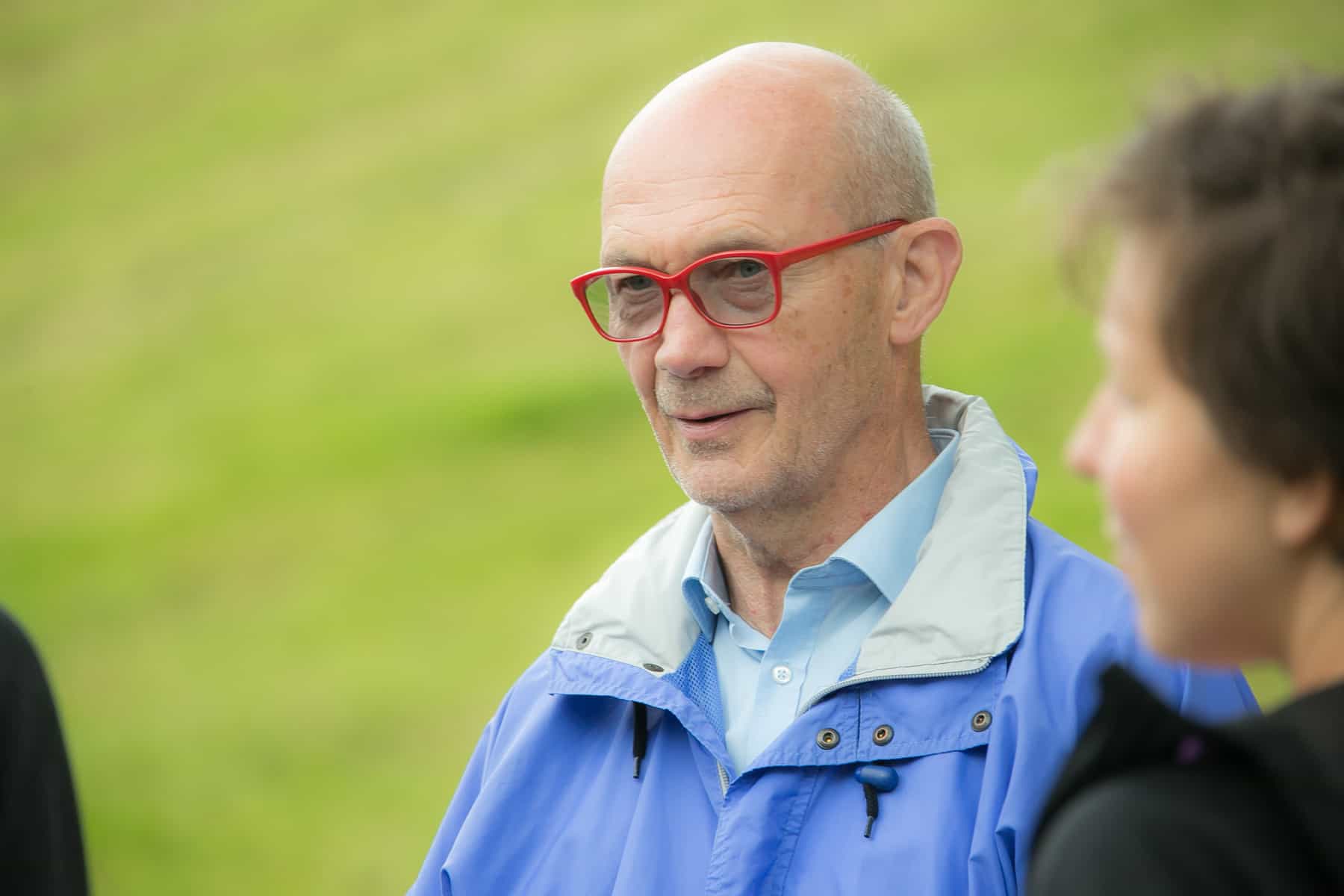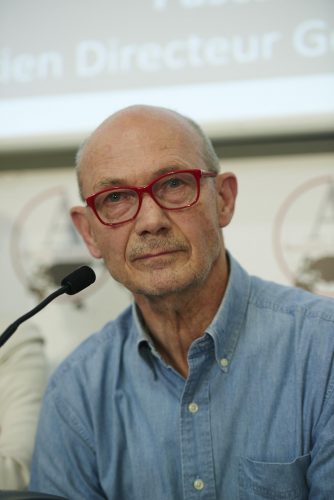Pascal Lamy was the director general of the World Trade Organization from 2005 to 2013, and currently serves as a president emeritus of the Notre Europe – Jacques Delors Institute. On 28 and 29 August he is taking part in a meeting of the Alpbach-Laxenburg Group, focused on new models for sustainable business development.
As the former director general of the WTO, you have extensive experience in global trade and economic development. How does this background inform your perspective on the issues of the sustainable development?
To put it very simply, there is a very well-understood interaction between trade and growth, starting in the 18th century until now. The understanding of the relationship between global trade and sustainable development, i.e. including the environment dimension, is much more recent, understandably because environmental issues only came into the picture much more recently than the 18th century.
The reality is today that the communities working on trade and environmental issues are rather poorly connected. You belong either to one or to the other. There are not that many people who have feet on both sides, which does not help because the issue is complex.
In theory it’s very simple. Take climate change for instance: If you put the carbon price at the proper level, i.e. the one that takes into account the externalities of climate change and CO2 emissions, all you have to do is price CO2 properly, and problem is solved: markets will reallocate production factors accordingly. That’s what theory tells us. The little problem is actually agreeing on a set price for the entire planet. And this triggers a lot of suboptimal propositions, solutions.
I think that the overall stance now is that that trade is not an end. Trade is a means to improve growth in climate, welfare, sustainability, including environment sustainability. This was in fact part of the WTO charter from 1994. When I was DG of the WTO we did quite a lot of work in collaboration with environmental international organizations such as UNEP for instance. We looked into the big question on this topic: Is the expansion of trade good or bad for the environment? There are arguments on both sides, and it is a vast set of issues. But overall I think there are ways and means to reconcile, to synergize the benefits of trade opening for a more environmentally sustainable world.
What do you see as the biggest challenge in achieving the Sustainable Development Goals?
It’s a very long and vast set of issues. So it’s not a single thing—what you have to address issues on inequality, on education, on oceans, on poverty—it’s a lot of different things.
But overall, I think the biggest challenge—and this is why a number of us are working on that—is to properly organize the accountability of these SDGs. That means providing proper metrics, proper review, proper debate, and proper public accountability. Now that the goals have been agreed by the UN, the issue is whether or not they can be achieved, and whether we can properly organize public pressure on sovereign nation states, through civil society, involvement of businesses. So in my view the main issue is building and agreeing on a proper follow up transparency system.

Pascal Lamy talks with other members of the Alpbach-Laxenburg Group at a retreat on 29 August. ©Matthias Silveri | IIASA
How do you think that the private sector could help in achieving the SDGs?
In doing what private businesses have been doing increasingly, which is integrating this sustainable development focus into their global strategies. Most big businesses now have a set of principles, a set of values that include sustainability.
What’s happening for instance around the push towards green finance, notably since the COP21 in Paris, is a good example of how some businesses can be on the front line of a larger coalition. We need coalitions like this to bind public authorities at the national, regional, and city levels, to civil society organizations focused on sustainability, climate, environment, biodiversity, and development, and businesses, whether big or small.
So from your perspective it sounds like business is already on the right track. What further changes would be needed in the private sector in order to fully embrace the SDG agenda?
It will happen if and when businesses realize that it matters to their consumers, to their staff, and to their shareholders, or their finance providers more generally. This is the frame within which they have to optimize what they do—clients, consumers, their people, and where they get their financial resources from. And if these various sides of the triangle push in that direction, inevitably businesses will push in this direction. They’ll have to.
The Alpbach-Laxenburg Group brings together leaders from business, and young entrepreneurs, along with government leaders and science experts. What do you think can be gained from a meeting of this type?
What’s unusual is that it links you with people whom you may not meet every day, so it’s an occasion of diversity connecting on a topic. Plus, there is something which tends to come out of this sort of environment, which is innovation. People exchanging ideas, not just theoretically, “What should we do?” “Where are we?” “Where are we going?” but, “This is what I suggest to do,” “This is what I tried and it worked,” and “This is what I tried and it didn’t work.” It’s more about experiences on the ground, which may then inspire more general conclusions.
Further reading
Pascal Lamy (2016). “Négociations climatiques et négociations commerciales : antinomie évidente ?“. Speech delivered at the 24th Meeting about Risk Management, AMRAE, at Lille, France, February 5th 2016. Download speech (PDF)
Pascal Lamy (2013). The Geneva Consensus: Making trade work for all. Cambridge University Press http://www.cambridge.org/ao/academic/subjects/law/international-trade-law/geneva-consensus-making-trade-work-all
Interview conducted and edited by Katherine Leitzell, IIASA science writer and press officer
Note: This article gives the views of the interviewee, and not the position of the Nexus blog, nor of the International Institute for Applied Systems Analysis.


How diverse can a network be if it includes only “high-level” participants? I find it hard to believe that there is any kind of gender balance or racial diversity!!!
Hi halfthesky,
It’s a good point – and an important one. But you should know, that the network and the Alpbach forum itself didn’t just include “high-level” participants and they were very careful to ensure balance and diversity. I work with Impact Hub (www.impacthub.net) and we were official partners of the forum. Our network is deeply diverse, with all types of religion, nationality, race, language, age, gender, sexual orientation and level of experience, operating from 40 plus countries in around 80 cities globally. We were invited to be part of the discussions with these “high-level” participants, who, to their credit, actively engaged, listened, interacted and discussed these issues with us.